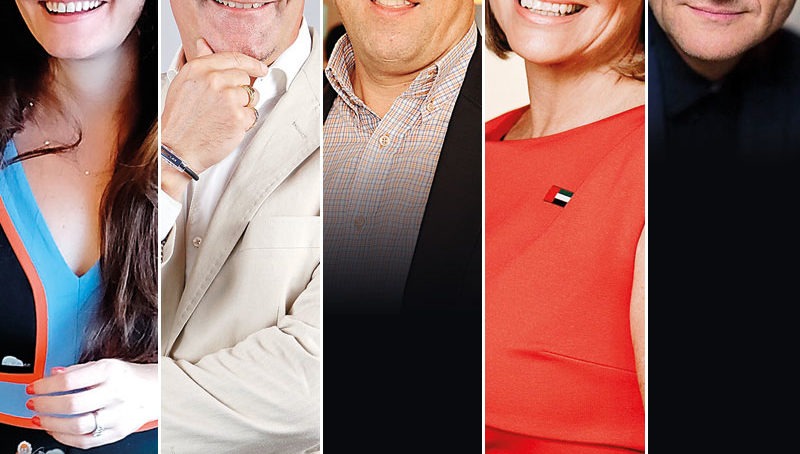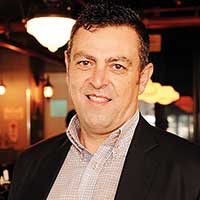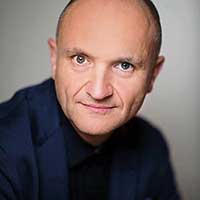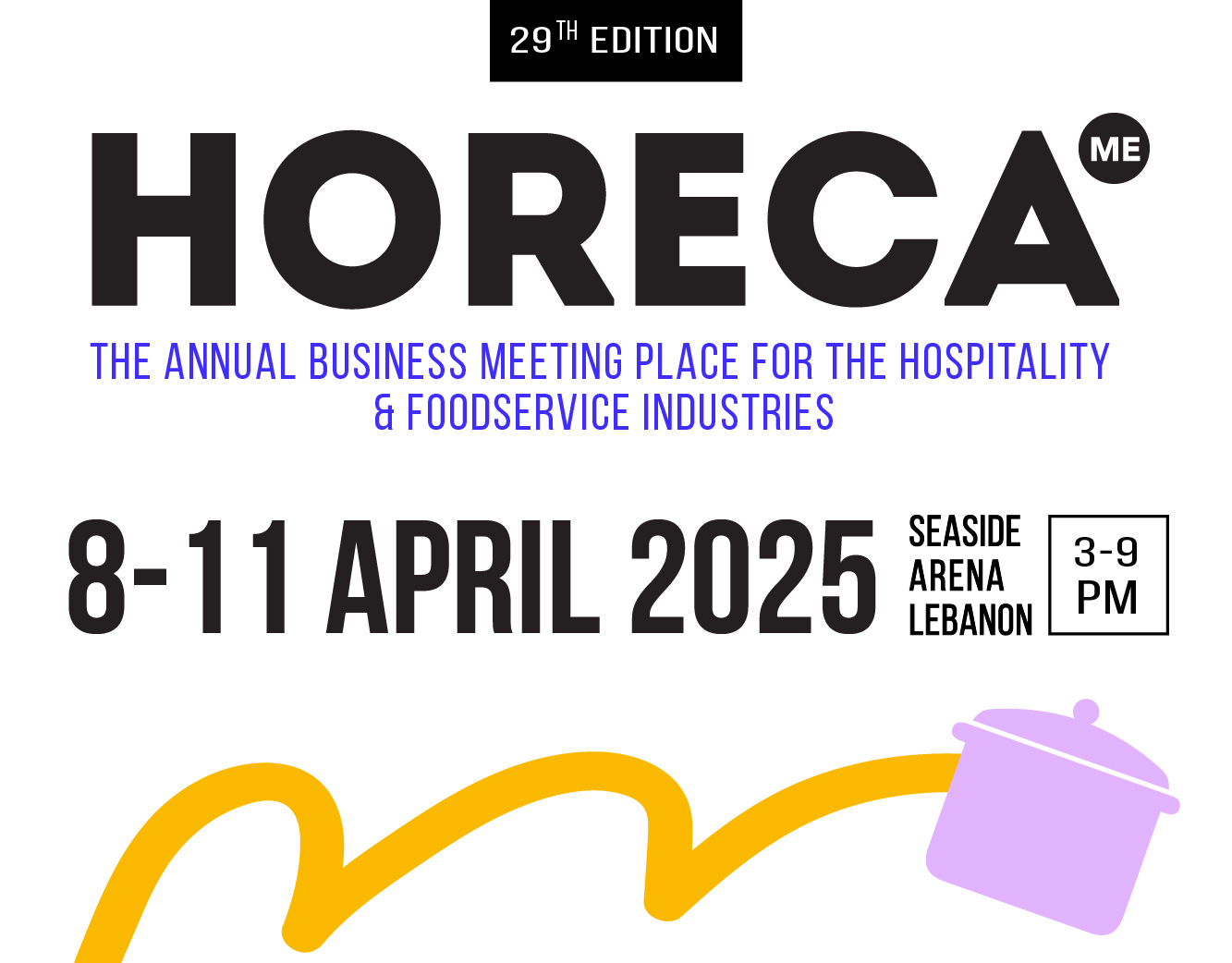Dubai’s F&B scene has been something of a revolving door over the past 12 months, with restaurant brands coming and going at an unprecedented rate. It’s been positive to witness the launch of international names such as Bleu Blanc by David Myers, Sean Connolly at Dubai Opera and Morimoto, alongside homegrown eateries like Carine and Lowe. Most recently, exciting, niche offerings have opened, such as the highly instagrammable Secret Garden by L’eto in City Walk and The Kitchen Restaurant & Deli at D3. At the same time, it’s been disappointing to see other restaurants and bars close their doors. Old favorites, such as Ping Pong, Fortnum & Mason, China Grill and Loca 2.0 at Souk Al Bahar, are no longer in business, while some new entrants, such as Morah, Zahira and Dragonfly by Tim Raue, survived less than a year in operation.
Success or failure
There are numerous reasons why a restaurant succeeds or fails, but in a marketplace as competitive as Dubai, maintaining the buzz post opening is critical. Our GRIF Society members, an international community of investors, innovators and inspirers of the restaurant world, have been discussing this challenge at length, as we gear up for the debate at GRIF 2019, which is being held for the first time in Amsterdam.
It stands to reason that ensuring funds are in place for pre-opening, the launch phase and ongoing business should be a pre-requisite at the investment stage, but, as Stefan Breg, group strategy director for Keane, explains, this can be a big setback for restaurateurs in the UAE. “It is a feature that pre-opening budgets are frequently too low to cover the broad range of required marketing launch tactics; it is not uncommon for some hotel F&B launches to have no identified pre-launch budgets and for much of the budgeted funds to be used for naming and logo design, which should have been treated as capital items with trademarks registered and treated as long-term assets,” says Breg. When it comes to communications, one of the key shifts has been a move into strategic digital marketing in order to boost brand recall and critically, the use of data from these campaigns to improve customer retention, as Naim Maadad, chief executive at Gates Hospitality explains.
“Our focus now is on engagement and reach – what our audience wants and what they respond to. This has been done through a lot of ad testing. We aim to reach the right people at the right time. The in-venue activities and pricing structure is created based on this data, which is how we stand out,” he tells me. “We’re campaign focused now, so we create content based on data accumulated. Our content is created keeping our audience interests in mind so they’re more likely to engage with us. Strategy and innovation is key alongside the data and adopting this into our communication plans has helped increase our engagement rate by 30 percent. We constantly aim to identify what the problem is and find innovative ways to solve it, which is why we’ve managed to create brand loyalty in a market where it’s almost non-existent,” says Maadad.
At JRG Dubai, the company behind one of Dubai’s longstanding homegrown brands, The Noodle House, managing director Emma Banks is taking a similarly strategic approach. She recommends that 80 percent of an operator’s marketing budget should be directed at social and digital. Banks complements this with PR that “helps to humanize our brands and make them more approachable”.
Add a brand story
“We have set an aggressive ‘digital transformation’ agenda for our entire portfolio, which started with bringing social content creation and execution in-house. We now have a full-time videographer because the market forecasts that video will represent 90 percent of that which we visually consume by 2019,” Banks reveals. “We are no longer just focused on hero campaigning – it is about creating content and then repurposing across all channels, so a consumer is hit with a message at every stage of their brand journey,” she explains.It’s this reminder of ‘brand’ that should resonate with operators. No marketing or PR campaign will be successful post launch without a brand story to back it up. As Banks says: “You have to ensure you understand your brand and what it stands for before you do anything. Then and only then can you create an effective marketing strategy. The challenge is to ensure that your brand behaves in the same way whether on the page or in the outlet.”
David Singleton, area vice president, Franchise Operations & Development EMEA/South Asia – Hard Rock Cafe International, agrees that maintaining a buzz relies on “clever articulate IT-driven behavioral tools to determine ‘my’ marketing campaign; what is right and targeted for the individual”.Singleton ends with some wise words, urging operators to make sure that their product and service back up the messages they are communicating. “We are investing our marketing budget in a very different way today than we did even last year. This region is driven through reputation; engage personally with generosity and beautiful imagery, but only do that when you have every confidence that you can see whatever your message is through. Great marketing and PR can kill a bad business so get your wagons in a circle before embarking on any marketing or PR activity,” he warns.
GRIF, Amsterdam
February 25-27, 2019
grif.com


















